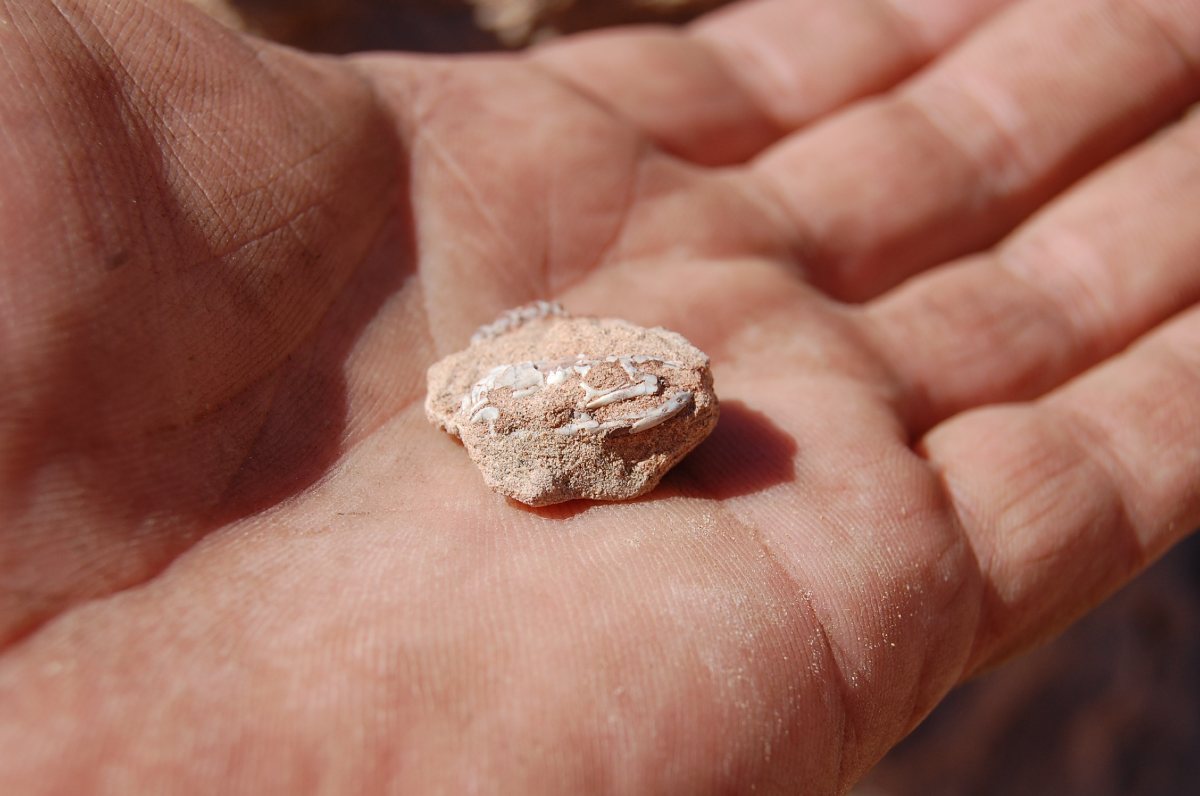Evolutionary Biology
To better understand evolution on Earth, it's no surprise scientists have turned to evolutionary biology to see how the current diversity of life on our planet came to be.
On this page, you'll find information about evolutionary biology as a discipline, what University of Alberta biologists are researching, and the effect their work has.
What Is Evolutionary Biology?
Evolutionary biology is a branch of biology where scientists examine the evolutionary processes (natural selection, common descent, and speciation) that led to the current biodiversity of organisms on our planet.
It is speculated that the current population of organisms can trace their heritage back to a single common ancestor (often referred to as the last universal common ancestor or LUCA), and evolutionary biologists use this theory as a framework for much of their research.
Evolutionary Biology News
Read some of the exciting news stories about UAlberta biologists whose work is helping excavate Earth's evolutionary mysteries.
Read evolutionary biology news
Featured Faculty Projects

A hive of activity: New UAlberta researcher focuses on social evolution in honey bees
Olav Rueppell shares his research and thoughts on joining UAlberta’s vibrant Department of Biological Sciences.

An ancient snake's cheekbone sheds light on evolution of modern snake skulls
100-million-year old legged snake fossil provides critical insight into how the heads of modern snakes evolved.
UAlberta Evolutionary Biologists
Do you have questions about evolutionary biology? Talk to some of our professors:
- David Coltman
David Coltman's Research Focus: maintenance and adaptive significance of genetic variation in the wild, evolutionary quantitative genetics of fitness-related traits in bighorn sheep, paternity analysis and heritability of behaviour in mountain goats, deer population structure, and molecular ecology of invasive species
- Heather Proctor
Heather Proctor's Research Focus: ecology, evolution, systematics, and behaviour of mites
- Jocelyn Hall
Jocelyn Hall's Research Focus: phylogenetic analysis and systematics of flowers, evolution of floral form, development evolutionary biology, evolution of fruit morphology, and field and herbarium studies of tropical plants
- Kimberley Mathot
Kimberley Mathot's Research Focus: mathematical biology, causes and consequences of behavioural variation, behavioural ecology, evolutionary biology, physiology, and quantitative genetics
- Richard Palmer
Richard Palmer's Research Focus: comparative and experimental studies of biological asymmetries, developmental plasticity, and evolution of marine invertebrates
- Sally Leys
Sally Leys' Research Focus: Focus: evolution of the first metazoan body plans
